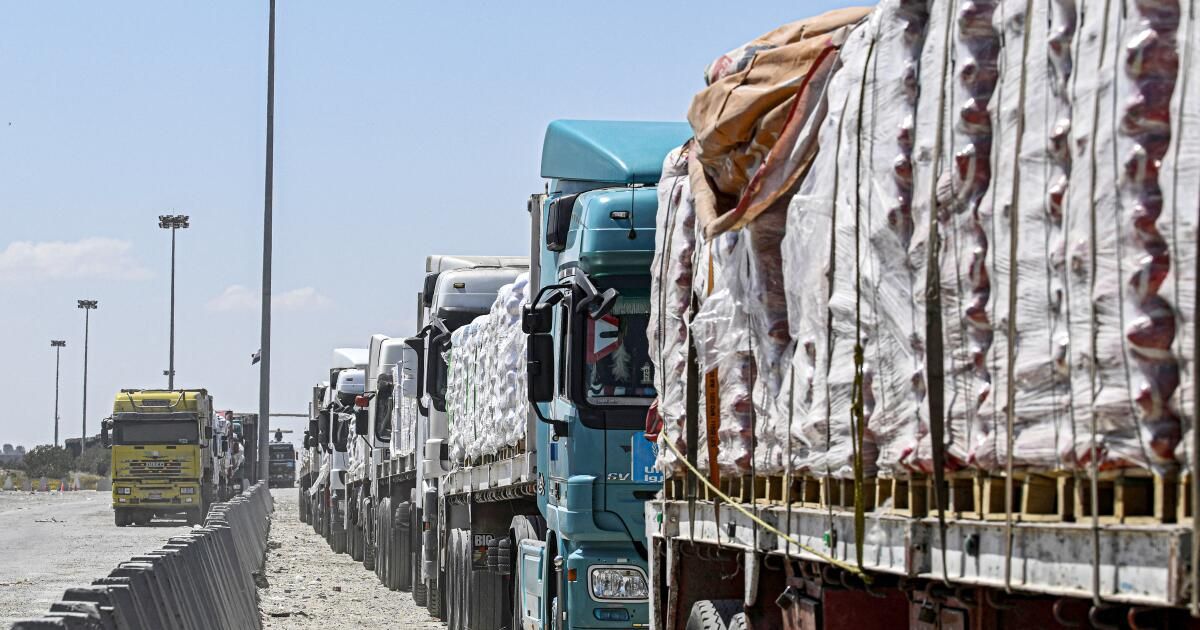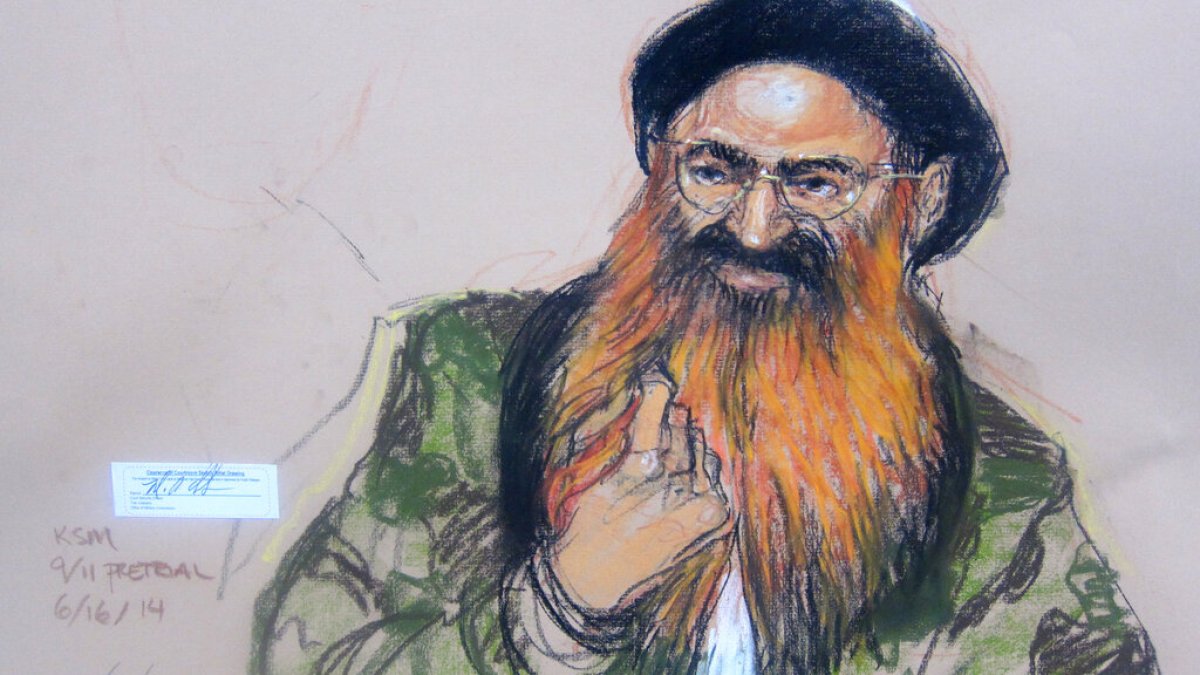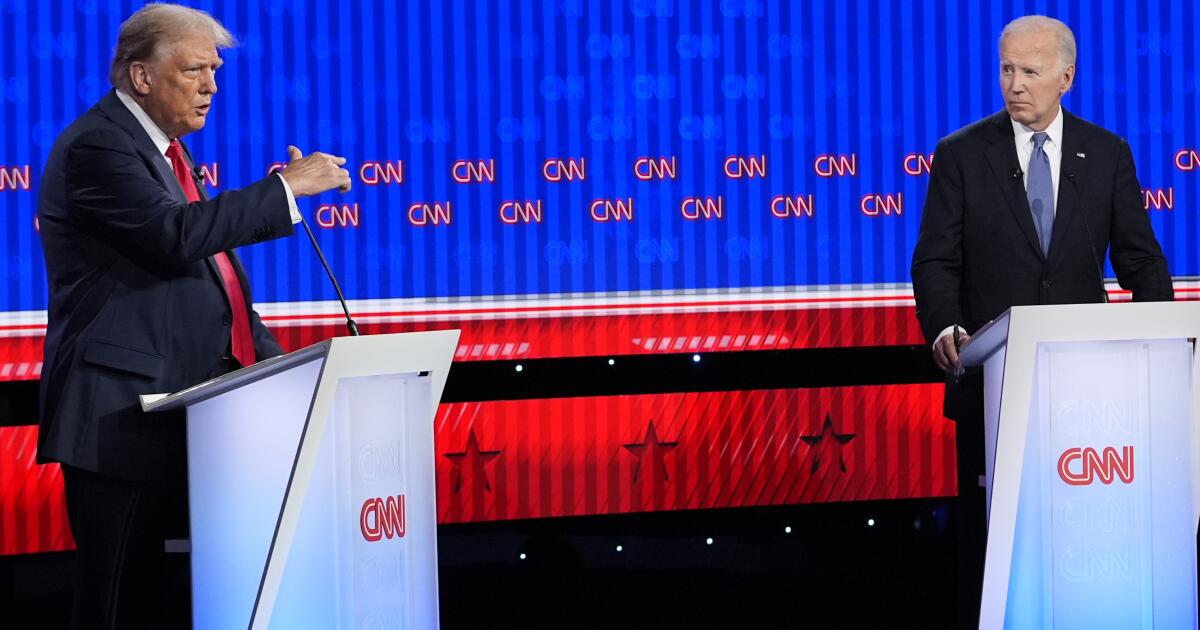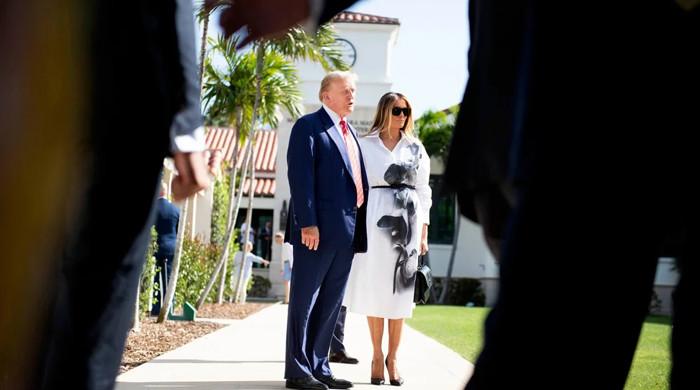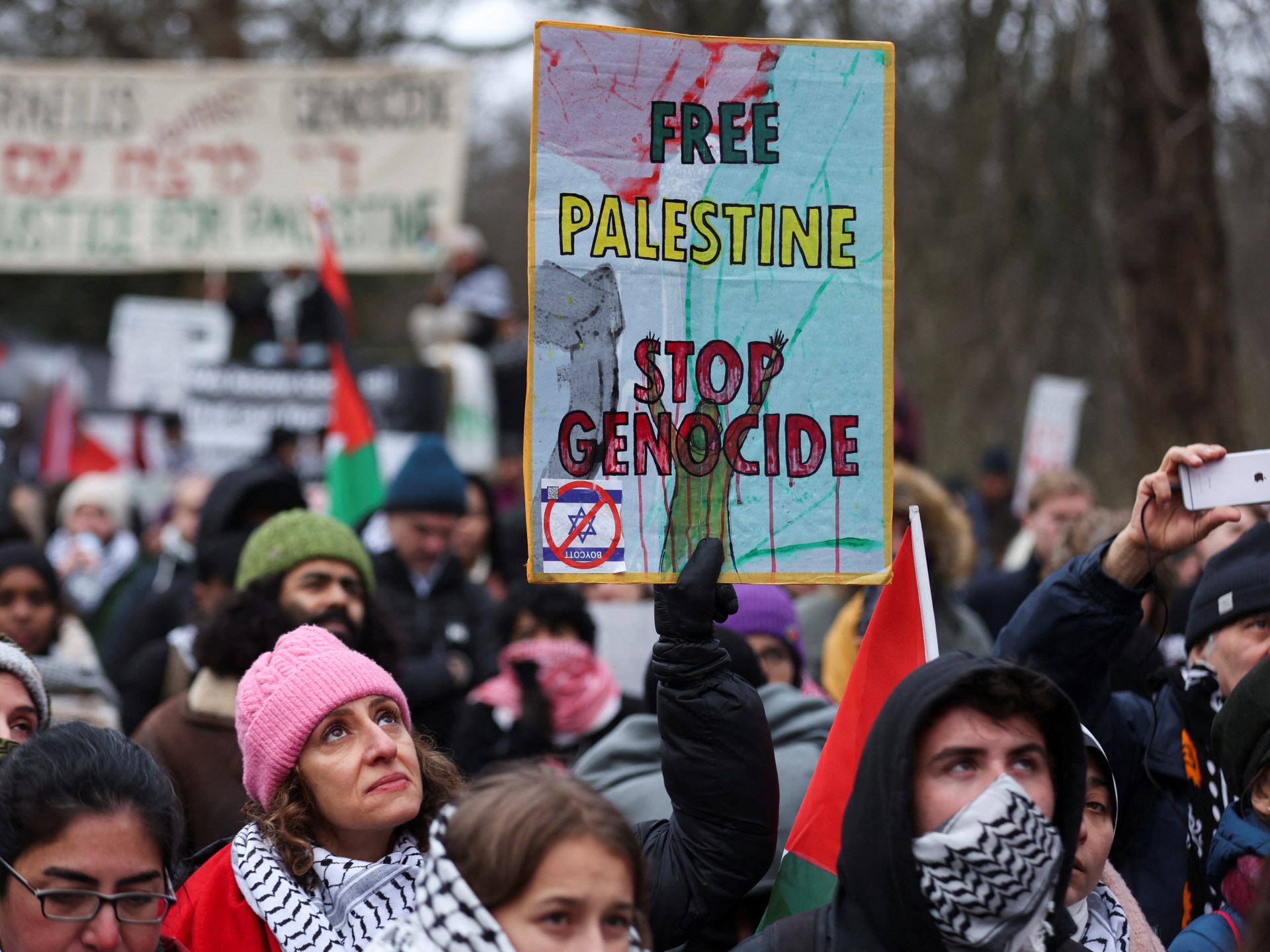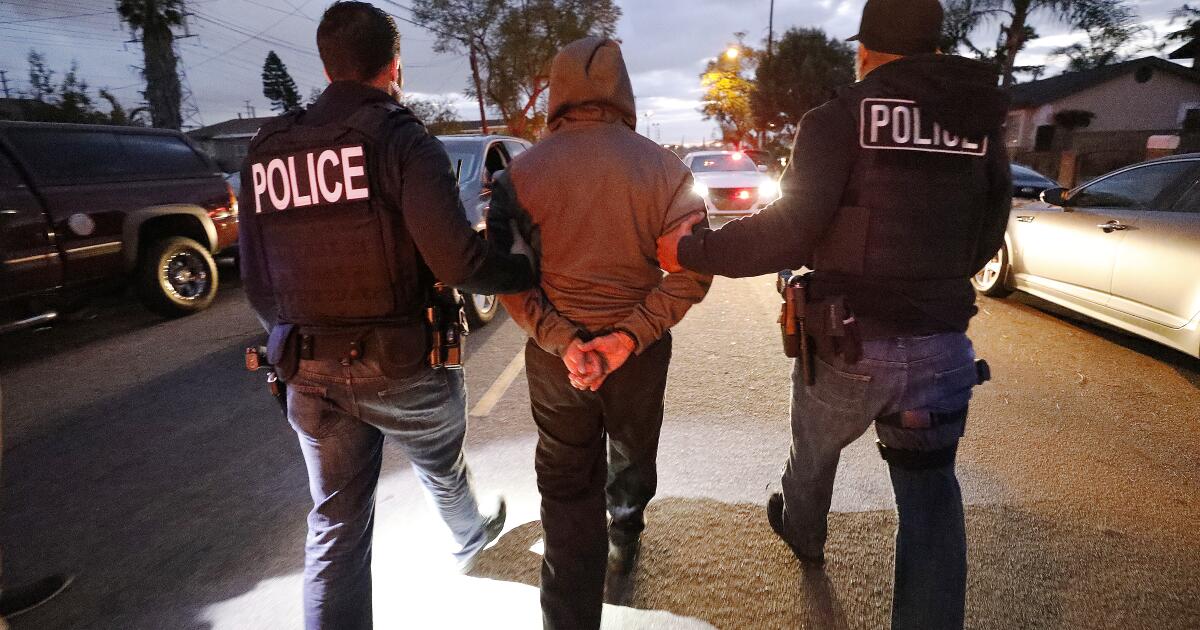It was another difficult situation. When a clash between Egyptian and Israeli soldiers near Egypt's border with the Gaza Strip left one Egyptian dead, the specter arose – once again – of a spark that would set off a conflagration across the Middle East.
Both countries acted quickly to contain the fallout, a sign of the durability of their decades-long diplomatic relations. Egypt's military spokesman spoke of a “shooting incident” but did not mention Israel, while the Israeli military said “a dialogue was underway with the Egyptian side.”
But Monday's skirmish was the latest in a series of events that underscore the region's volatility since Oct. 7 and the risk that the war between Israel and Hamas could undermine long-standing peace agreements fostered by Washington during decades, between Israel and its neighbors.
Relations between Egypt and Israel have been tense for months, and Cairo intends to stop any Israeli attempt to expel Gaza residents into Egyptian territory.
Tensions only worsened after Israel invaded the southern Gaza city of Rafah earlier this month (where an estimated 1.4 million Gaza residents had taken refuge) and seized the Palestinian side of the crossing and the Philadelphia Corridor, a nearly 14-kilometer-long and 300-foot-wide corridor along the border between the Gaza Strip and Egypt.
In response, Egypt shut down humanitarian deliveries through Rafah, insisting that the administration of the crossing be returned to Palestinian control and that Israel was violating decades-old security agreements that limited the number of soldiers and equipment on both sides of the border. .
But Monday's shooting, the first deadly clash between Egyptian and Israeli forces since the war began, illustrates the risks of the fighting spilling over as Israel presses its offensive in Rafah and operates in close proximity to Egyptian units, not to mention Egyptian civilians living near the border.
“This will happen again,” said Samir Ragheb, an Egyptian analyst and president of the Cairo-based Arab Foundation for Development and Strategic Studies.
“The committees investigating the incident and [there’s] dialogue between the two parties,” he said. “That's all good. But there is no guarantee for what will come next. … This is about the symptom, not the disease: that Israel is in Rafah and on the border where it should not be.”
Israel says the crossing and corridor must remain in its hands if it wants to cut off weapons supplies to Hamas through the Sinai, either through the crossing or the network of cross-border tunnels that Hamas operates.
On Tuesday, responding to questions about tanks appearing on the streets of Rafah for the first time in the war, Israeli military spokesman Rear Admiral Daniel Hagari said troops had “detected tunnels along the Philadelphia corridor. .. in the direction of Sinai”.
Egyptian officials have repeatedly dismissed Israeli accusations of allowing smuggling as “baseless,” adding that it has destroyed thousands of tunnels, created a buffer zone and built a barrier to prevent arms transfers.
The details of how exactly the confrontation occurred remain unclear. Initial Israeli reports said the Egyptian side was the first to open fire, while Egyptian state-affiliated Al-Qahera News said preliminary investigations indicated a skirmish had begun between Israeli soldiers and Palestinian fighters, with shots fired at multiple addresses. That prompted a member of the Egyptian security team to take protective measures and “deal with the source of the fire,” the news agency said.
“This is what Egypt has warned against for months,” an unnamed Egyptian security official told Al Qahera on Monday. “The Israeli attack on the Philadelphia corridor creates psychological and field conditions that are difficult to control and likely to escalate.”
The soldier's murder has intensified anti-Israel sentiment in a country that has never achieved more than a so-called “cold peace” with its neighbor, despite being the first Arab nation to sign a peace treaty with Israel in 1979.
“There are 115 million Egyptians who are not happy with what is happening in Gaza,” Ragheb said. “They see it every day on television screens. The Egyptian soldier stationed at the border is seeing massacres in real time before his very eyes. “Then this will be a provocation.”
Some of that anger was glimpsed Tuesday, when dozens of people gathered in the central Egyptian village of Agameyin for the burial of the slain soldier, 22-year-old Abdullah Ramadan. Thousands of people left comments on his Facebook page, calling him a martyr and hero, and criticizing the government for stopping the matter.
Although the Egyptian government says it intends to preserve the peace treaty, popular anger against Israel may force it to take steps it would rather not take.
“The problem for Egypt is that public opinion is already at a boiling point because of what is happening in Gaza,” said Mouin Rabbani, an analyst and non-resident fellow at the Center for Humanitarian and Conflict Studies. “If you now add dead Egyptians to the mix, that makes it even more combustible. If government officials reach a point where they have to do something to quell discontent, then they may feel that Israel's conduct has created such public pressure on them that they have no choice but to do something more significant.”
A broader Israeli attack on Rafah could well be that turning point. On Sunday, hours before the shooting, Israeli warplanes attacked what they said were high-level Hamas targets in Rafah, killing 45 people in the process, Palestinian authorities say, and sparking a tsunami of international anger.
Meanwhile, the broader destruction has reached unprecedented proportions, aid groups say, with more than 36,171 people killed in Gaza, according to Palestinian authorities, most of them women and children. In the three weeks since Israel began what it called a limited operation in Rafah, about a million people have had to flee, many of them previously displaced by violence, according to the U.N. agency for Palestinian refugees, UNRWA.
“This occurred with nowhere safe to go and amid shelling, lack of food and water, piles of waste and inadequate living conditions,” UNRWA said in X on Monday. “Day after day, providing assistance and protection becomes almost impossible.”
The war broke out after Hamas operatives killed 1,170 people in southern Israel, according to official Israeli counts, mostly civilians, and took another 250 people hostage. Israel says approximately 100 hostages remain in Gaza, along with the bodies of about 30 other people.
Few believe that the peace treaty between Israel and Egypt – a pillar of Egypt's foreign policy that provides approximately $1.3 billion each year in US military assistance – is at serious risk. But there is no doubt that the situation is affecting coordination between the two nations, said Rami Dajani, project director for Israel and Palestine at the International Crisis Group.
“The cumulative effects of these events impact the functioning of these agreements and the practical and real channels of intelligence and security communication,” he said.
It also raises questions about how both sides will manage the border area in the future.
“For both sides, it's not about abandoning the treaty,” said Aaron David Miller, a fellow at the Carnegie Endowment for International Peace and former Arab-Israeli negotiator. But with Israel seeking greater control over Gaza through the Philadelphia Corridor, while Egypt insists it will not reopen the crossing without the Palestinians in control, things are likely to be tense for a long time.
Miller said: “All of this raises a tremendous amount of problems for the proverbial day after.”

